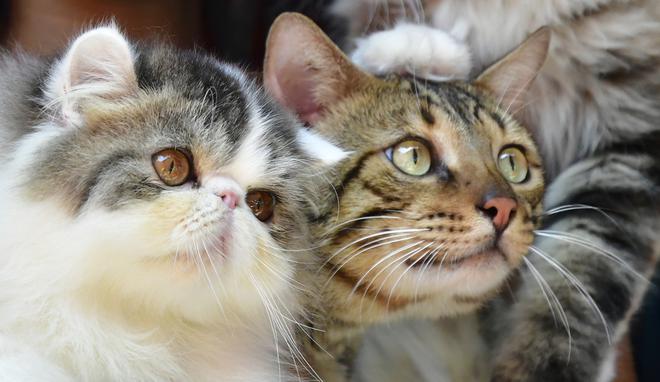Nisha Sitaraman, 29, lives with her two-year-old Beagle, named Prince, in a small house in Richmond Town, Bengaluru. She takes the lift every evening to walk her dog around the area. Nobody complains about her dog using the lift or bothers her about Prince yelping excitedly in the corridors. For her, this is a first.
Bitter experience
“I used to live in an upscale apartment building in Jayanagar where people complained about my dogs in the apartment. There was a small group of people who did not like dogs,” she said, adding that dogs weren’t even allowed in the common area. “If a dog urinates once in the hallway, they never let it go. They think every dog is going to do the same thing all the time,” she said.
Technically, however, apartment Resident Welfare Associations (RWA) cannot make a fuss about people choosing to share a home with an animal. In 2020, the Karnataka state government issued strict guidelines that banned RWAs from enforcing rules that discriminated against pets or pet owners. Unfortunately, most apartment associations choose to disregard these guidelines.
Arun Prasad, a city-based animal rights activist, agreed that RWAs continue to bully and harass pet owners, despite these guidelines. Every week, he receives multiple complaints from residents across the city who are targeted by their neighbours for having pets, especially if the pet is a dog. “Anti-dog policies cannot be implemented as bylaws within the apartment,” said Mr. Prasad, adding that in cases like these, notices are issued to apartment associations, warning them against such behaviour, and their bylaws are struck down.

The other side
Venugopal Rai, the president of the Kasturi Nagar RWA, firmly maintained that they abided by all the regulations set by the state. They have no authority to impose restrictions on pet owners, he said. “Neighbours complain all the time about pet dogs. We can’t take any action against them. We don’t. All we can do is advice them and tell them about the rules.”
To help change the outlook of the people, N. Khetty asserted that pet owners should be sympathetic towards people who are afraid of animals and reasonably worried about cleanliness in their premises, and ensure that their pets are well-behaved. “The guidelines are almost too liberal towards pet owners. It should emphasise that the owner is given the responsibility of looking after their pet. The fear that other residents have should be addressed,” he said.
Though every residential area is supposed to follow the guidelines, the rules are rarely enforced uniformly. “The guidelines don’t offer any legal remedies to pet owners. They cannot be easily enforced. You have to understand that these are social issues and legal action can’t always be taken,” said N. Khetty.

Not so neighbourly
Asha Das, 31, who lived in an apartment with her husband and Casey, her Labrador Retriever, recalled the covert resistance against her dog that she encountered from her neighbours. “Casey was a rescue dog we adopted during tough times. He’s quite shy and doesn’t bother anyone, “ she said. Her neighbours, however, were afraid of him. “Nobody ever complained to our faces, but we could tell we were not wanted,” recalled Ms. Das, who eventually decided that the place was too small for other families and moved in with her parents.
Every pet owner seeks a friendly, accepting community, but that is rarely the case in Bengaluru. Though the Karnataka Animal Welfare Board and animal rights activists are attempting to promote more positive attitudes, it appears to be an ongoing battle.

Varied experiences
As Nisha found out, different pet owners have different experiences in Bengaluru, since the acceptance that a pet owner finds in a community is completely determined by the people of that community.

“The pet friendliness of a place depends on the people there not so much what the guidelines are. If they are accepting, or if there are a lot of pet owners, then you’re going to have a pleasant experience,” she said, pointing out it is especially bad for people who keep more than one dog or who have a very large one. In many communities, irrespective of the norms, the bias against pets and pet owners continues, even if it does not lead to explicit conflict. Instead, “It will seem like most people, including your neighbours, are just tolerating you,” she says.







